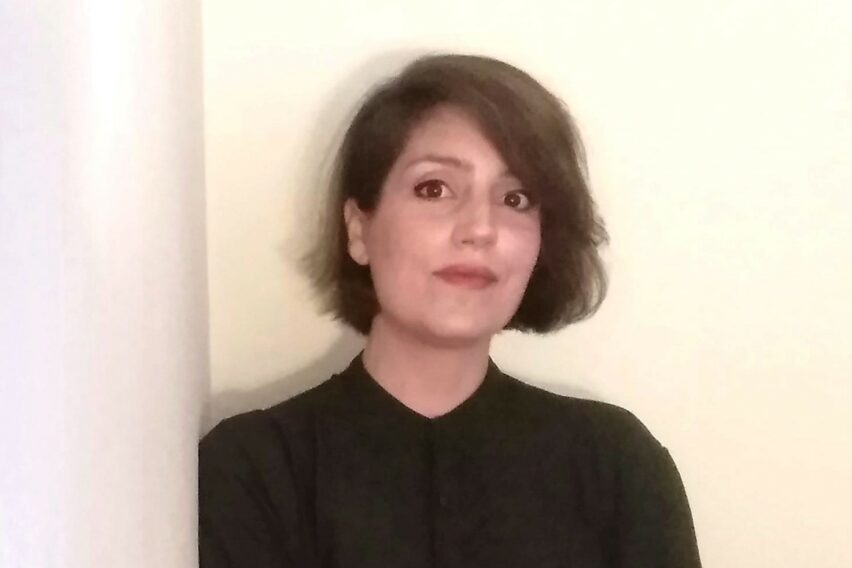Bio
Natalia-Rozalia Avlona is a lawyer, researcher and Marie Curie PhD Fellow (DCODE) in the Computer Science Department of the University of Copenhagen, working on the ways that value(s) is ascribed into data-driven design. Whose values and for whom? In her research, she is exploring alternative data-value frameworks through a care and commons ethics lens. She studied law at the School of Law of the National and Kapodistrian University of Athens (2006), obtained her master’s degree in Human Rights Law (LLM) from King’s College London (2007), and followed courses in the department of Geography at Royal Holloway, University of London and in the department of Curating Contemporary Art at the Royal College of Art. Her expertise is on the intersection of οpen and emerging technologies with law and society, through a feminist framework. Furthermore, her wider interests have led her into working on the legal and ethical consequences of the platform economy.
Natalia-Rozalia has an international experience working in several Policy Organizations and European Research Programs in UK, Belgium, Greece and Cyprus and has been member of the Management Committee of Cost Action CA16121-From Sharing to Caring: Examining Socio-Technical Aspects of the Collaborative Economy (2017-2021). In 2020, she was appointed as a research co-lead for DisCO organization which offers a cooperative alternative to the aims and outcomes of DAOs (Decentralized Autonomous Organizations). She is also the co-founder of the techno-feminist hacking network Restorative Infrastructures. Besides her research focus, she has a strong involvement and commitment to feminist ethics as an activist in the field of commons, and social and solidarity economy. She has run a series of workshops on Wikipedia for the Galleries, Libraries, Archives and Museums (GLAM) sector, co-organized feminist workshops on FOSS at hackerspace.gr (Django Girls Athens), Techno-feminist Festivals (/EtcAthens) and (un)conferences on the commons, and has given seminars on Gender & Open Technologies, Gender & Social and Solidarity Economy and co-organized workshops on Everyday Feminisms and Care for Degrowth Strategies.
During the covid-19 pandemic, she has co-initiated the Emergency Making Aid, a local, bottom-up initiative of makers, architects, researchers that aimed at the making and donation of 3d printed protective equipment to the medical personnel of the hospitals.
